Meet Your California Supreme Court Justices

Meet Your California Supreme Court Justices
The California Supreme Court is the highest court in California. Chief Justice Patricia Guerrero is the 29th Chief Justice of California. She was sworn into office on January 2, 2023, making history as the first Latina to serve as California’s Chief Justice. [1] Among other things, the Chief Justice chairs the Commission on Judicial Appointments and the Judicial Council of California that administers policy making for state courts. These two bodies oversee who is appointed as a judge and the rules of the courts, as well as financial issues.
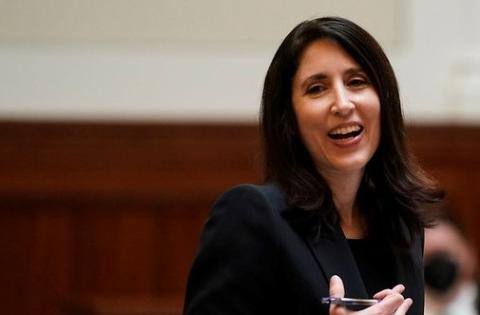
The state Constitution gives the Supreme Court the authority to review decisions of the state Courts of Appeal (Cal. Const., art. VI, § 12). This reviewing power enables the Supreme Court to decide important legal questions and to maintain uniformity in the law. The court selects specific issues for review, or it may decide all the issues in a case (Cal. Const., art. VI, § 12). The Constitution also directs the high court to review all cases in which a judgment of death has been pronounced by the trial court (Cal. Const., art. VI, § 11). Under state law, these cases are automatically appealed directly from the trial court to the Supreme Court (Pen. Code, § 1239(b)).
In addition, the Supreme Court reviews the recommendations of the Commission on Judicial Performance and the State Bar of California concerning the discipline of judges and attorneys for misconduct. The only other matters coming directly to the Supreme Court are appeals from decisions of the Public Utilities Commission.
There are six Associate Justices listed below in order of earliest appointments – follow the links for their bios:
Carol A. Corrigan[2]
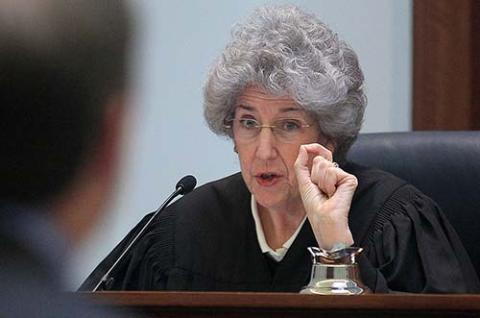
Goodwin H. Liu[3]
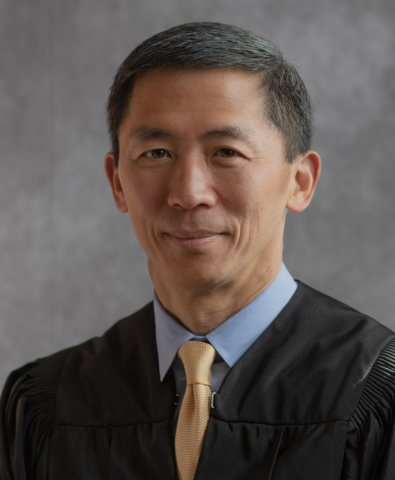
Leondra R. Kruger[4]
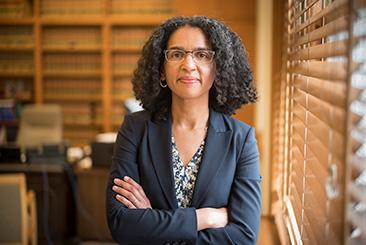
Joshua P. Groban[5]
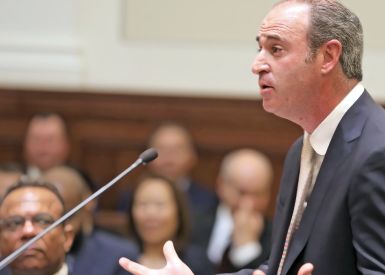
Martin J. Jenkins[6]
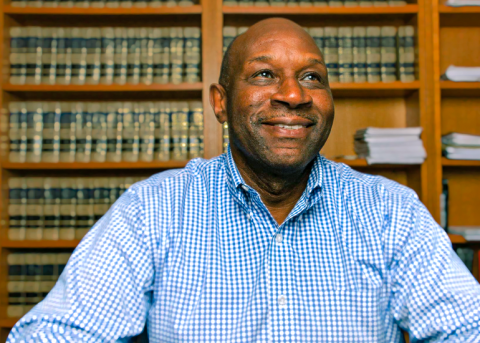
Kelli M. Evans[7]
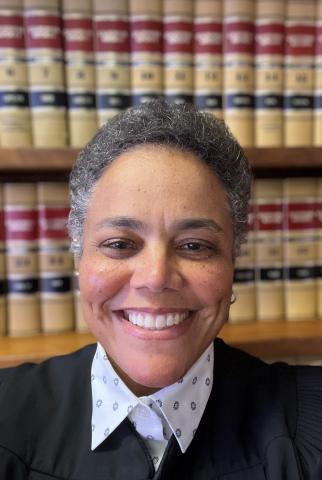
The Court was established as part of the California Constitution in 1849 but had then only the Chief and two associate justices, expanded four associate justices in 1862 and six associate justices in 1879, each serving from 10 to 12 years. The Governor, subject to confirmation by the Commission on Judicial Appointments, fills vacancies in the supreme and appellate courts by appointment. At the next general election, voters decide whether the appointees should be confirmed to fill their predecessors’ unexpired terms and whether justices whose terms will expire should be elected to new full terms.
Epps & Coulson, LLP keeps on top of court matters and informs you too. We are ready to help you plan and grow and protect your rights. Please feel free to contact Dawn at: dcoulson@eppscoulson.com for any questions.
Information contained in this Memo is intended for informational and educational purposes only and does not constitute legal advice or opinion, nor is it a substitute for the professional judgment of an attorney. It is likely considered advertising. Epps & Coulson, LLP encourages you to call to discuss these matters as they apply to you or your business.
EPPS & COULSON, LLP
Attorneys admitted to practice in California, New York, Colorado, Texas, and Oregon
www.eppscoulson.com
www.companiescounsel.com
[1] https://supreme.courts.ca.gov/about-court/justices-court/chief-justice-patricia-guerrero
[2] https://supreme.courts.ca.gov/about-court/justices-court/associate-justice-carol-corrigan
[3] https://supreme.courts.ca.gov/about-court/justices-court/associate-justice-goodwin-h-liu
[4] https://supreme.courts.ca.gov/about-court/justices-court/associate-justice-leondra-r-kruger
[5] https://supreme.courts.ca.gov/about-court/justices-court/associate-justice-joshua-p-groban
[6] https://supreme.courts.ca.gov/about-court/justices-court/associate-justice-martin-j-jenkins
[7][7] https://supreme.courts.ca.gov/about-court/justices-court/justice-kelli-evans
